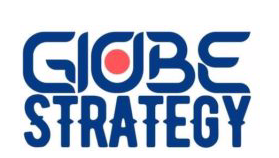Tag: country market signposts
Country Overview, Business and Market profiling. Signposts to other sources of help.
Doing Business Economy Profile 2016 : Cabo Verde
Citation
How to run a company with (almost) no rules
The organisation with no rules
This page curates resources around SEMCO, a Brazilian company that has a radical organisational structure. Founded by Richardo Semler⊕, the company is now known as SEMCO partners⊕.
Ricardo Semler (born 1959 in São Paulo) is the CEO and majority owner of Semco Partners, a Brazilian company best known for its radical form of industrial democracy and corporate re-engineering.
Resources
A case study on SEMCO and its non–competitive strategies⊕
The radical boss who proved that workplace democracy works⊕
Podcasts/Talks
Radical wisdom for a company, a school, a life⊕
How to run a company with (almost) no rules⊕
Leading by Omission⊕
Country risk map and profile
Euler Hermes monitors country risks in 241 countries and territories
Country Profiles and Snapshots
Standard International Trade Classification (SITC) Revision 3
List of former countries
A list of former states and countries⊕
Wallis and Futuna
Wallis and Futuna, officially the Territory of the Wallis and Futuna Islands (/ˈwɒlɪs/ and /fuːˈtuːnə/; French: Wallis-et-Futuna or Territoire des îles Wallis-et-Futuna, Fakauvea and Fakafutuna: Uvea mo Futuna), is a French island collectivity in the South Pacific between Tuvalu to the northwest, Fiji to the southwest, Tonga to the southeast, Samoa to the east, and Tokelau to the northeast. Though both French and Polynesian, Wallis and Futuna is distinct from the entity known as French Polynesia.
Source: Wikipedia



